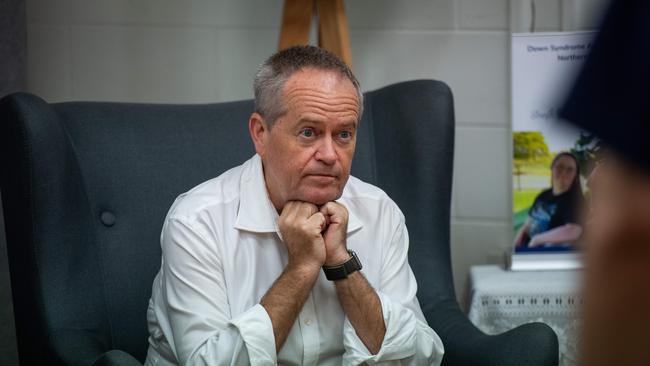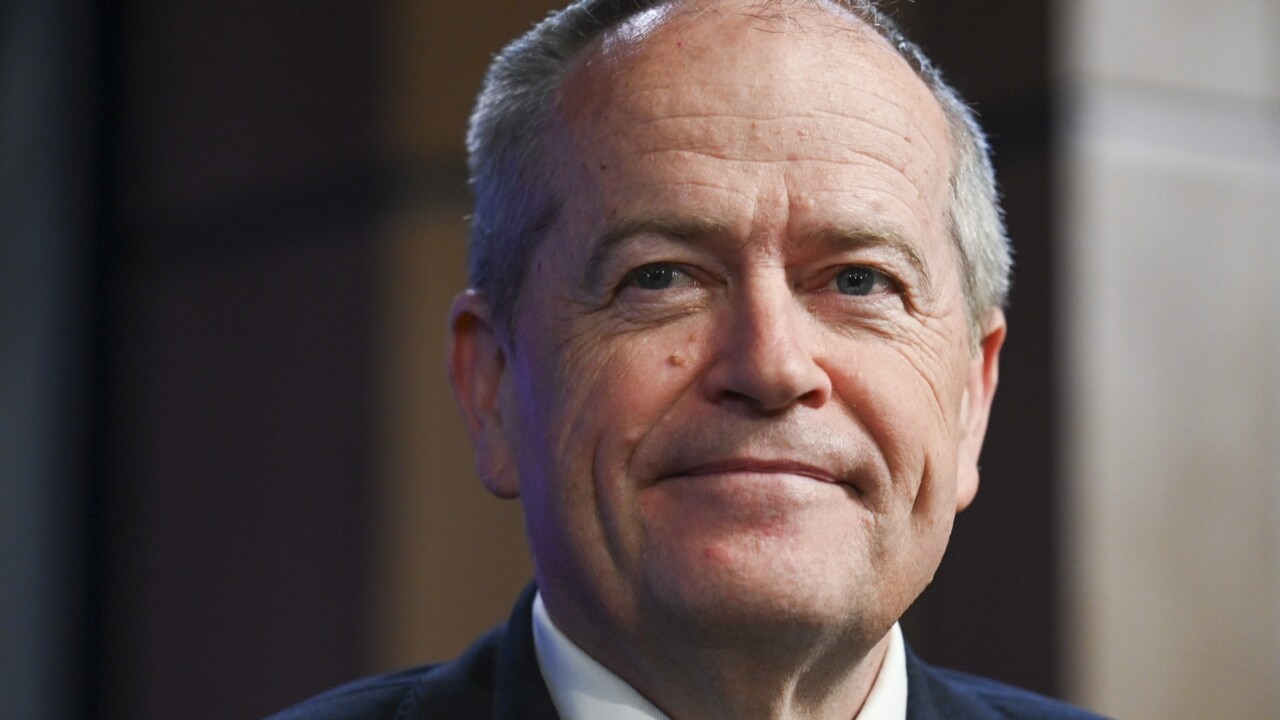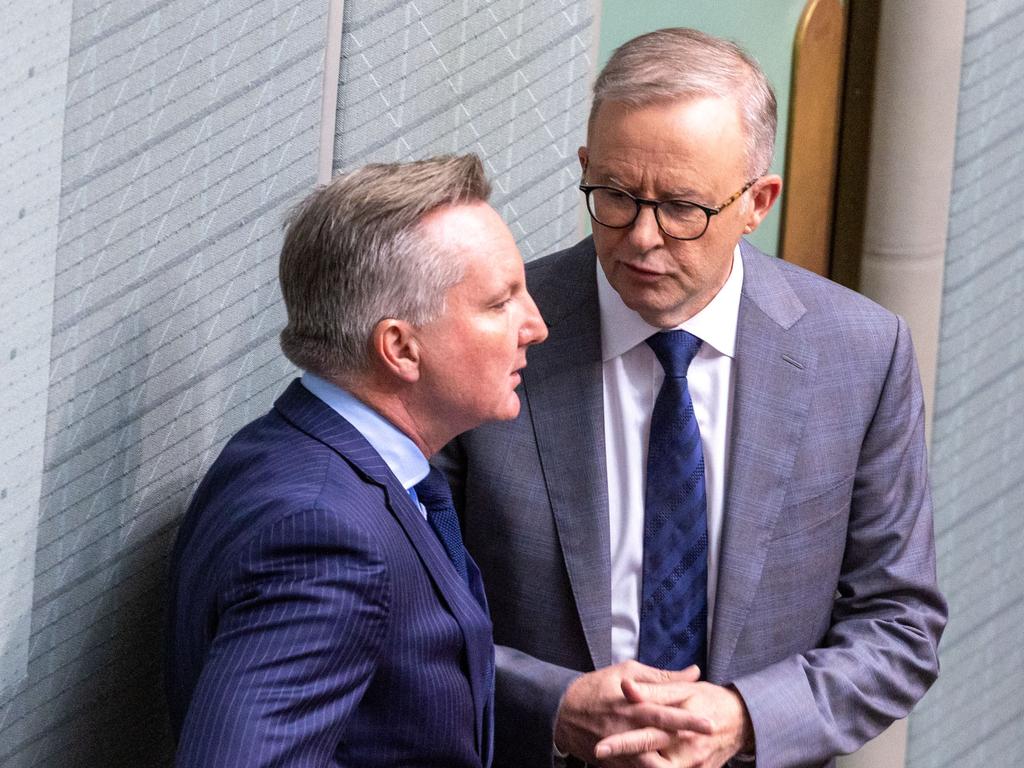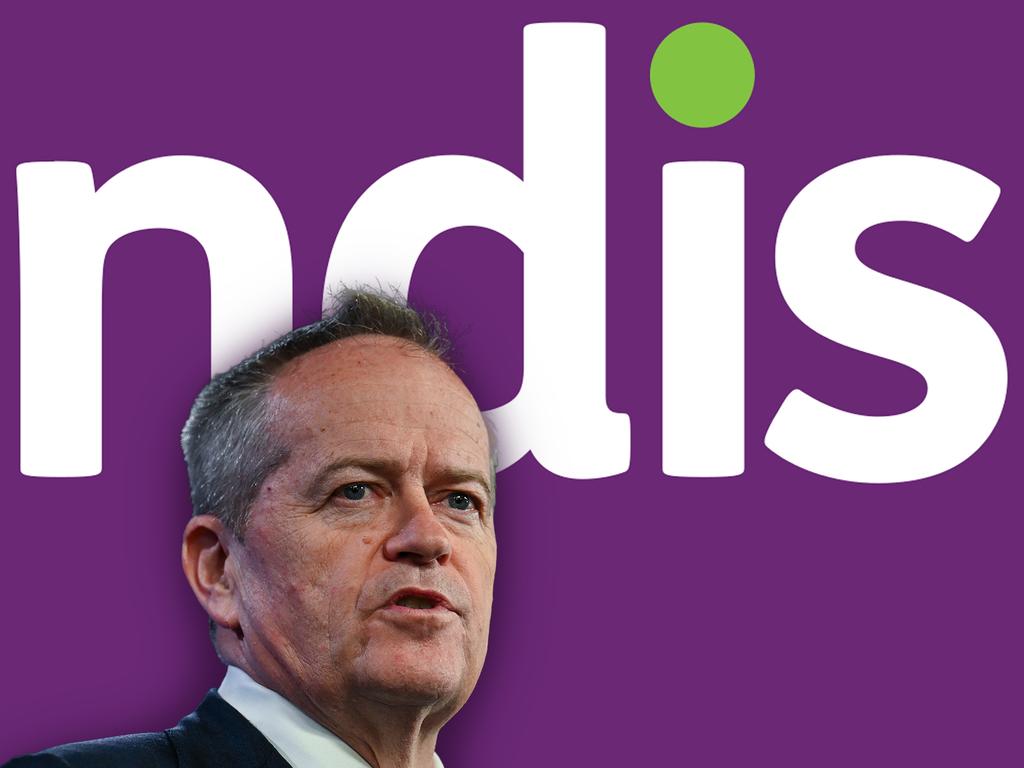Bill Shorten says the government ‘can’t win’ over transparency
NDIS Minister Bill Shorten has hit back at criticism that legislation to reform the disability scheme was put together in secret and without the co-design the government promised the disability community.

NDIS Minister Bill Shorten has hit back at criticism that legislation to reform the disability scheme was put together in secret and without the co-design the government promised.
Disability advocates and the Greens have criticised the lack of consultation with advocates over the new legislation and use of non-disclosure agreements for those who were brought into the bill’s design process.
Mr Shorten said the government “couldn’t win” when it came to accusations of secrecy.
“It’s catch-22. If we didn’t have the legislation presented to parliament we would be accused of being secretive. And we present the legislation to parliament and we’re accused of being secretive,” he said. “You really can’t win, can you, some days.
“You table the legislation. The legislation reflects the best experience from the (NDIS) review, reflects the best advice that we received from the NDIA and Department of Social Services. There will now be an extensive Senate process to examine the work.”
The bill, which will see participants given a set budget and no automatic top-ups, was introduced to parliament last month.
States and territories raised concerns with the legislation, urging the federal government to delay its introduction while the jurisdictions considered its implications.
It came after the states and territories agreed to scrap the 4 per cent annual growth cap on their NDIS contributions in exchange for a GST “no worse off” deal and an agreement to split the cost of extra foundational supports for disabled Australians.

Greens disability spokesman Jordon Steele-John said the reforms contained within the legislation were “outrageous”, slamming the limitations they may put on participants’ choice and control, along with secrecy surrounding their design.
“Making advocates sign nondisclosure agreements is not genuine co-design,” Senator Steele-John said after the tabling of the legislation last month.
“Why has the Labor government prepared NDIS legislation behind closed doors? What have they got to hide?”
Mr Shorten said “the use of NDA’s is not unusual” in consulting interest groups ahead of introducing legislation.
“If you look at the work that we’ve done in the review, the work of the NDIA board, the work of the NDIA, I think the ledger shows that this is a government that does consult,” he said.
“But I can understand that talk of any changes to legislation would create a period of concern because people have battled hard to get what they’ve got. And, of course, some of the times we cover the issues, by the time it reaches out in the social media world, facts can be distorted.
“The draft legislation is in the parliament. As I made clear in my second reading speech, we think this bill is a genuine reflection of what we’ve learned so far. And of course, I would welcome comments in the next weeks and months.”
The government has come under pressure from transparency advocates and the Coalition over its use of NDAs in consultations for a range of legislation, including its industrial relations reforms and its national vehicle efficiency standards.
Crossbenchers including Jacqui Lambie and David Pocock have called for more transparency and an explanation of why so many NDAs were being enforced, while manager of opposition business Paul Fletcher said the government had developed “a reputation for operating in secret and avoiding scrutiny”.








To join the conversation, please log in. Don't have an account? Register
Join the conversation, you are commenting as Logout